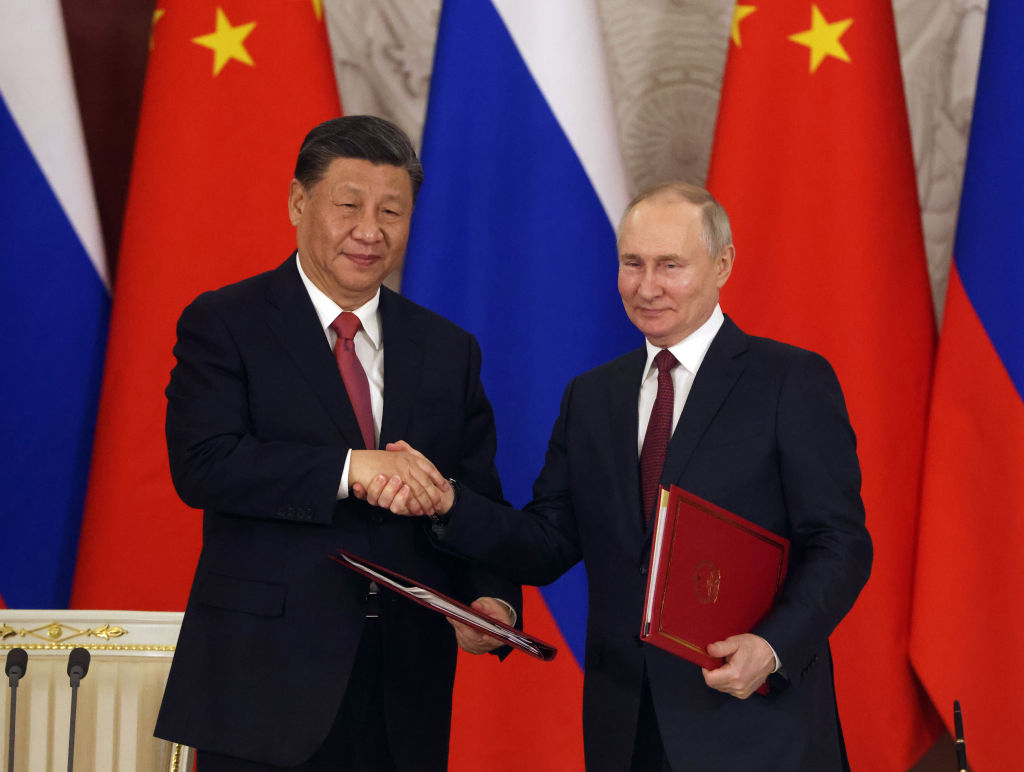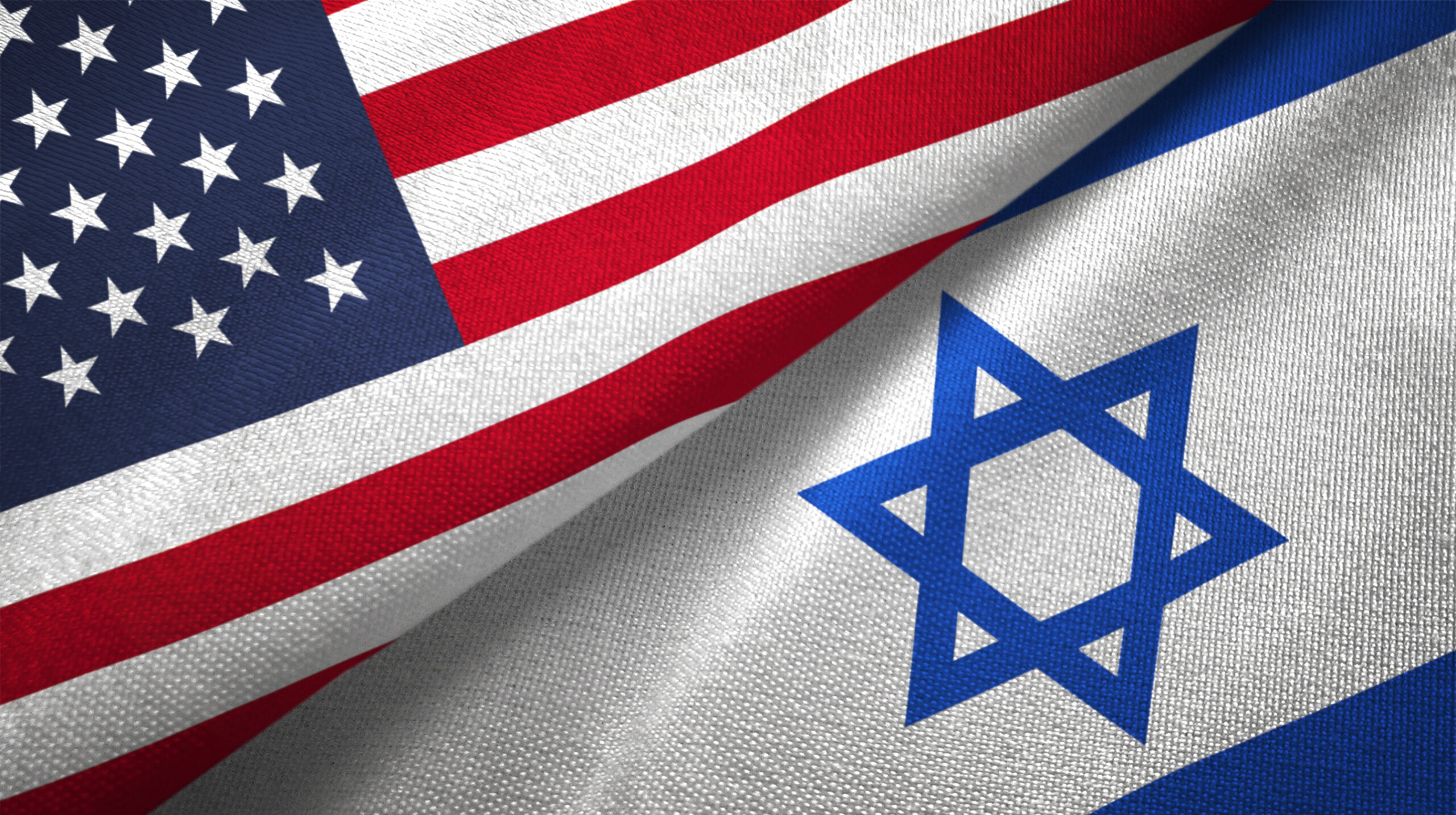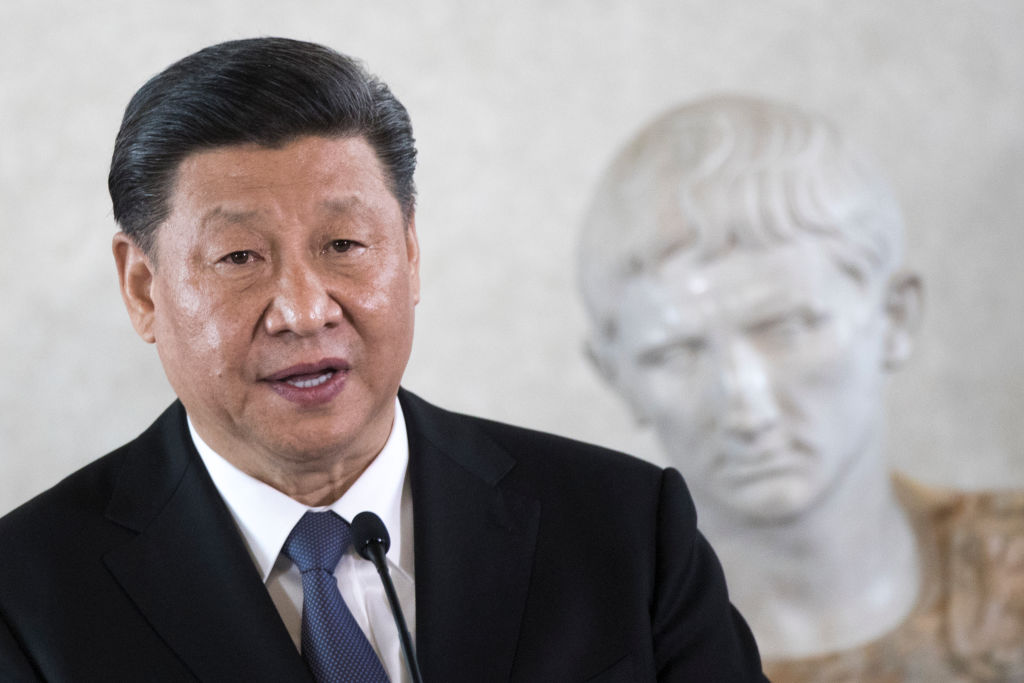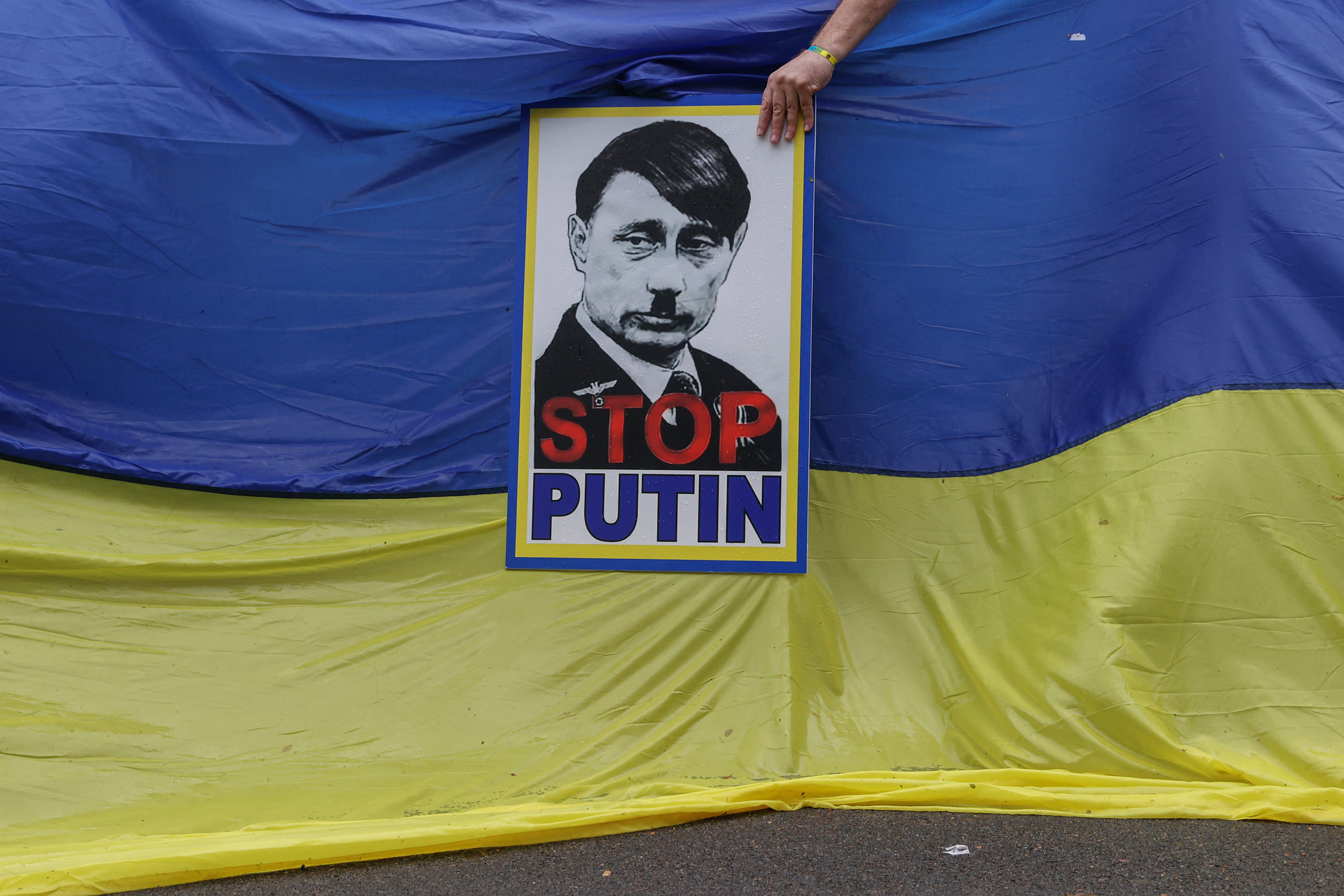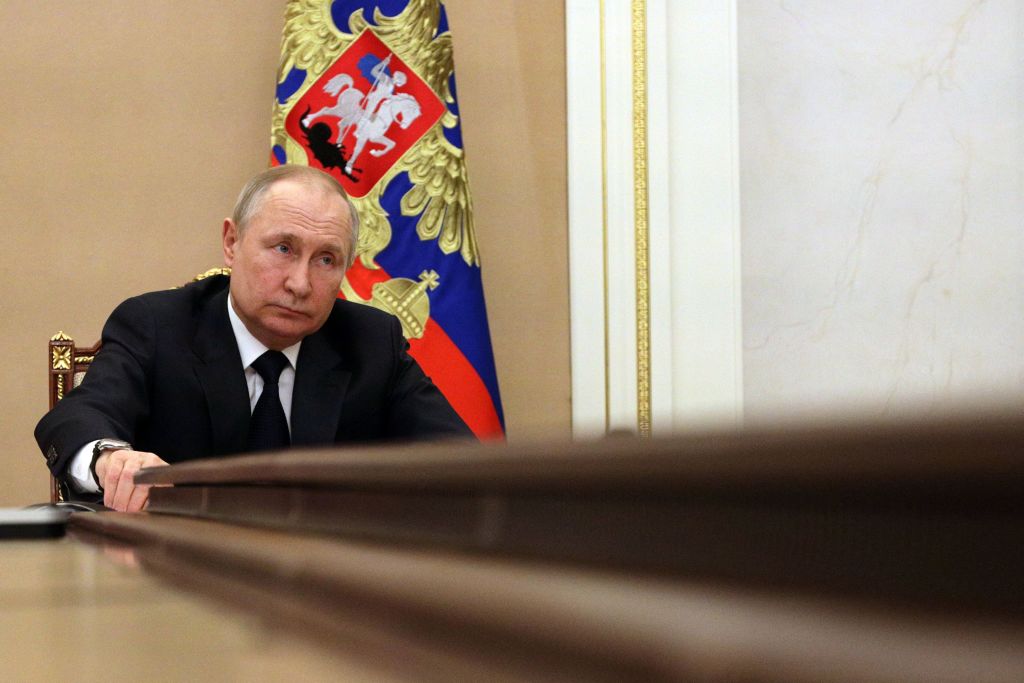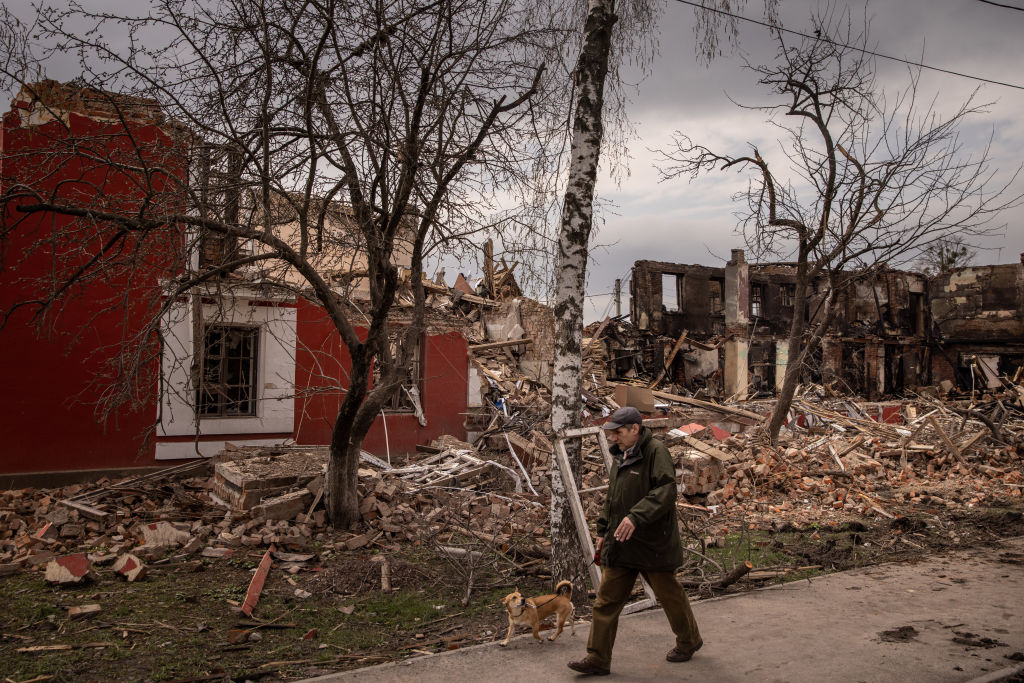The U.S. is rapidly liquidating its position as the world’s foremost superpower.
Intervention Malaise
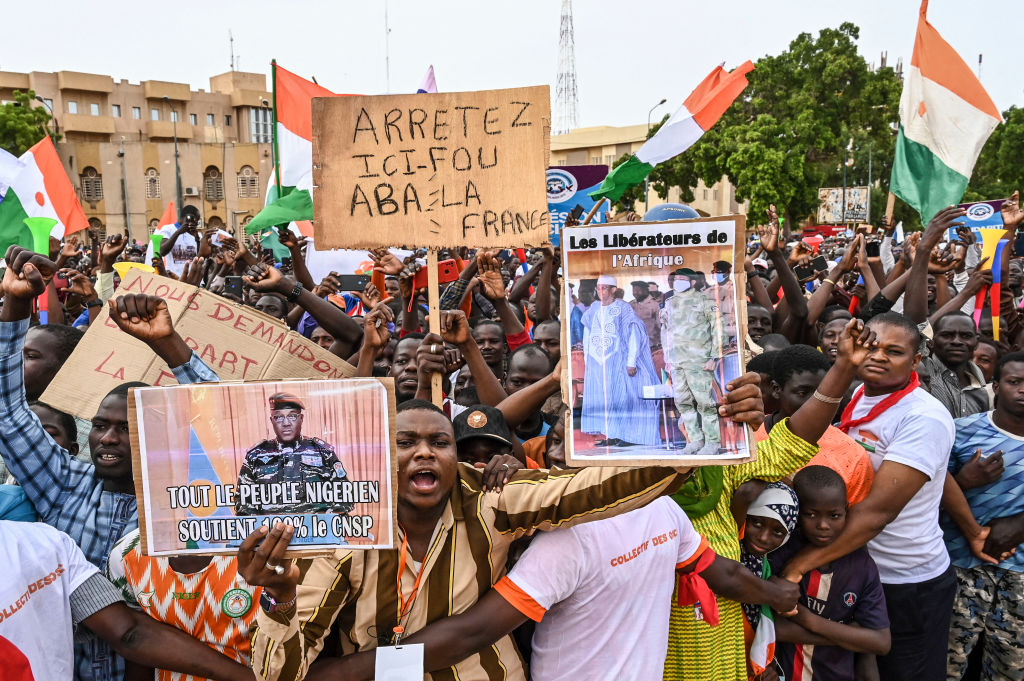
U.S. meddling in West Africa will backfire.
A looming war in Niger once again threatens to enmesh the United States in a foreign conflict in which it has no real national interest.
August 10 marked the deadline set by the regional body “Economic Community of West African States” (ECOWAS) for General Abdourahmane Tchiani, who recently took power in a military coup, to restore the democratically-elected government of Mohamed Bazoum. Bola Tinbu, the chair of ECOWAS and president of the neighboring country Nigeria, stated that “no option is taken off the table, including the use of force as a last resort.”
The U.S. has subsequently joined the fray, threatening to escalate a regional issue into yet another great power showdown on the international chessboard. Some say that the United States has an interest in West African politics since the region exports certain fuel products such as uranium and coal. This is a poor excuse for involvement. Consider the fact that Niger accounts for only five percent of the world’s uranium supply, the majority of which is utilized by France in producing nuclear energy. At best the scenario could subsequently be perceived as a national security issue for Paris. As far as the U.S. is concerned, however, the headlong rush to insert itself into the domestic politics of West African nations is more likely attributable to its terrible foreign policy leadership, and the ideological agenda to which the latter holds. The probable outcome will likely be to only further demonstrate Washington’s waning influence, showing that it is no longer able to dictate events as global hegemon.
Niger—a former French colony—has been wracked by endemic political corruption as well as a growing jihadist presence. Seizing on the public’s discontent with the current administration’s failure to tackle these problems, General Tchiani grabbed the reins of government. Despite the fact that Bazoum has been a Western favorite and touted as a strong supporter of democracy in the region—i.e., amenable to U.S. and European interests—the coup enjoys enormous support among the citizens of Niger. A recent survey by The Economist reported that 78 percent backed the takeover, and 73 percent supported the Tchiani junta retaining power “for an extended period” or “until new elections are held.” Mali and Burkina Faso support the coup as well.
The larger geopolitical danger of this coup is that it will become a proxy war between long-term international foes. The Russian mercenary group Wagner aided both Mali and Burkina Faso in their own coups, and Niger has also championed Moscow as an emblem of resistance to the U.S.-led geopolitical order. A rally earlier in the month at Niger’s Seyni Kountche Stadium saw thousands turn out in support of the Tchiani government, with many waving Russian flags. In the same Economist survey, over 60 percent of respondents reported that the foreign actor they most trust is Russia, while only around 15 percent answered the United States.
Meanwhile, Tchiani cut off Niger’s existing military relations with the United States as well as France, while also recalling the country’s ambassadors. He has additionally demanded that Paris remove the 1,500 French soldiers that are still stationed in Niger. If Wagner were to get involved in the present situation, Western powers may intervene to back the forces of ECOWAS. The chances for escalation should therefore not be discounted. It would also mark the third geopolitical theater where Western-backed troops are attempting to defeat Russian interests militarily, joining Ukraine and Syria (although the Syria conflict is now largely stabilized).
Washington subsequently deployed one of its most staunch “democracy” advocates—i.e., facilitators of color revolution—U.S. Deputy Secretary of State Victoria Nuland. Nuland is perhaps most famous for being caught on tape explicitly advocating for regime change in Kiev in 2014, and then discussing who should subsequently be installed as Ukrainian prime minister with U.S. Ambassador Geoffrey Pyatt. Nonetheless, Nuland apparently saw no irony in meeting with representatives of the new Tchiani Administration to warn them of the dangers of foreign interference. They must not seek help from Wagner, cautioned Nuland, because it would be a “risk to their sovereignty.”
“Their ideas do not comport with the Constitution [presumably of Niger]. And that would be difficult in terms of our relationship if that’s the path they take, but we gave them a number of options to keep talking and we hope they take us up on that.” Notably, this was not an argument Nuland made in 2014 when then-Ukrainian President Viktor Yanukovych was ousted from power after the Verkhovna Rada (the nation’s parliamentary body) failed to muster the three-fourths vote necessary for impeachment, as required by the Ukrainian Constitution.
Such blatant hypocrisy is undoubtedly one of the reasons why many countries have turned away from maintaining strong diplomatic relationships with the U.S. This gives other large powers like Russia leverage in appealing to the disaffected nations of the world that are constantly being preached to about democratic values and the rule of law from a dysfunctional U.S., whose foreign policy increasingly predicates itself upon spreading a radical left-wing ideology.
Thus far, Niger has refused to be intimidated by harsh words from Europe and the United States. Nuland was not only refused the opportunity to meet with the deposed (and presently detained) President Bazoum—a clear signal that Niger’s revolutionary administration would not be subject to U.S. intimidation—but was also embarrassingly denied a meeting with the new self-declared president, General Tchiani, a further snub to Washington meant to convey Niger’s resolve to stand up to Western pressure. It effectively sent the message that the new administration in no way bases it legitimacy on U.S. and European recognition or approval.
The possibility for war has also not abated. At the August 10 summit, ECOWAS approved the deployment of a “standby force [ready] to restore the constitutional order” in Niger. On the pro-junta side, General Salifou Mody, one of the coup leaders, had been meeting with Mali’s President Assimi Goïta for several weeks prior. Mali reportedly maintains a contingent of Wagner contractors in the country. Goïta then proceeded to make a phone call to Vladimir Putin on August 15 to discuss the Niger situation. There is currently an ongoing mass recruitment of volunteers in Niger to face down the ECOWAS threat. The Tchiani government additionally ordered the French Ambassador to leave the country on August 25, setting a 48-hour deadline that has since passed. It remains to be seen how Niger will respond. As if all of that was not enough to pack the African powder keg, this past week also saw yet another military coup in neighboring Gabon.
What is almost certain is that, if war breaks out, the region will quickly devolve into brutal tribalistic warfare. A large section of Nigeria that is composed of its nine northern provinces shares an identity with those in neighboring southern Niger. Nigerian leaders from the region have thus come out in strong opposition to a military intervention. Nonetheless, ECOWAS has stated that it is keeping all measures on the table to depose the Tchiani regime, up to and including force.
Washington does not care if its support of such measures exacerbates the situation. It does not care if most Nigeriens support the new government or if the United States has no direct interests in the conflict. Democracy matters only so far as it promotes the ideals of the U.S. ruling class. The process of electoral politics in itself means nothing—a reality that we are learning applies just as much to our own nation as well. Indeed, the American system seems to resemble the African landscape of palace coups and political persecution more and more by the day. The regime’s ineptitude and hypocrisy erodes not only its international position, but its domestic one as well.
Regardless of the outcome in Niger, there is thus a broader lesson for the United States: tectonic shifts in the global order will continue to wreak havoc on the nation’s foreign policy. Present leadership has consistently proven itself ineffectual at navigating this changing terrain. The U.S. suffers from an extreme dearth of good statesmanship, and its policymakers fundamentally misunderstand the duties with which they are tasked. The poor decision-making of those currently at the helm will therefore serve to hasten the United States’ declining position in the world, while increasing the likelihood of bloody upheaval in foreign lands such as West Africa.
The American Mind presents a range of perspectives. Views are writers’ own and do not necessarily represent those of The Claremont Institute.
The American Mind is a publication of the Claremont Institute, a non-profit 501(c)(3) organization, dedicated to restoring the principles of the American Founding to their rightful, preeminent authority in our national life. Interested in supporting our work? Gifts to the Claremont Institute are tax-deductible.
The U.S. should double down on its support of Israel.
Taiwan, Xi Jinping, and America’s year of danger
There is no moral equivalence between Ukraine and Russia, but neither country is Nazi Germany.
Time is a weapon of war.
Our foreign policy is in shambles, but it remains in our national interest for Ukraine to prevail.

